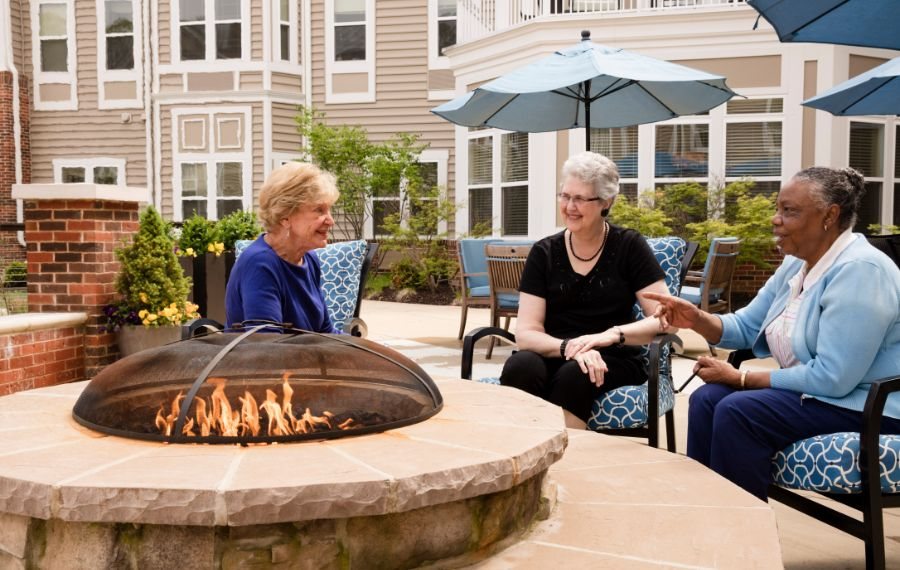While the aging process is different from individual to individual, most people will need care at some point as they experience physical and cognitive decline. From some, conditions such as Alzheimer’s disease, arthritis, or medical surgeries can make tasks that were once easy nearly impossible to do. Even if family members are acting as caregivers for their senior loved one, this situation is not always feasible long-term. There are many options for seniors and their families to consider when senior care becomes a necessity.
Types of Senior Care
There are several types of senior care available to seniors:
- Independent living: Retirement homes that allow for communities of seniors to live together.
- Assisted living: Complexes that offer private rooms, amenities, and assistance with Activities of Daily Living.
- Memory care: Facilities designed specifically to help patients with dementia.
- Continuous care retirement community: Communities that offer several levels of care, allowing the senior to remain at one single facility.
- Skilled nursing facility: Nursing homes that offer medical services and constant supervision.
- At-home care: Assistance provided by a caregiver at a senior’s home.
- Care home: Residential homes with tight-knit communities of seniors provided for by caregivers.
How To Choose the Best Solution
There isn’t a one size fits all solution for all seniors. What care option a senior chooses often depends on the level of care that is needed, personal preference, and budget. Many seniors prefer to remain in their own homes, so care at home Massachusetts services might be a good option if there are funds to do so.
Independent living facilities are ideal for seniors who have little to no care needs. If struggling with completing basic activities, an assisted living facility or care home can be a good option. Skilled nursing facilities are necessary for seniors who need extensive medical care or supervision.



